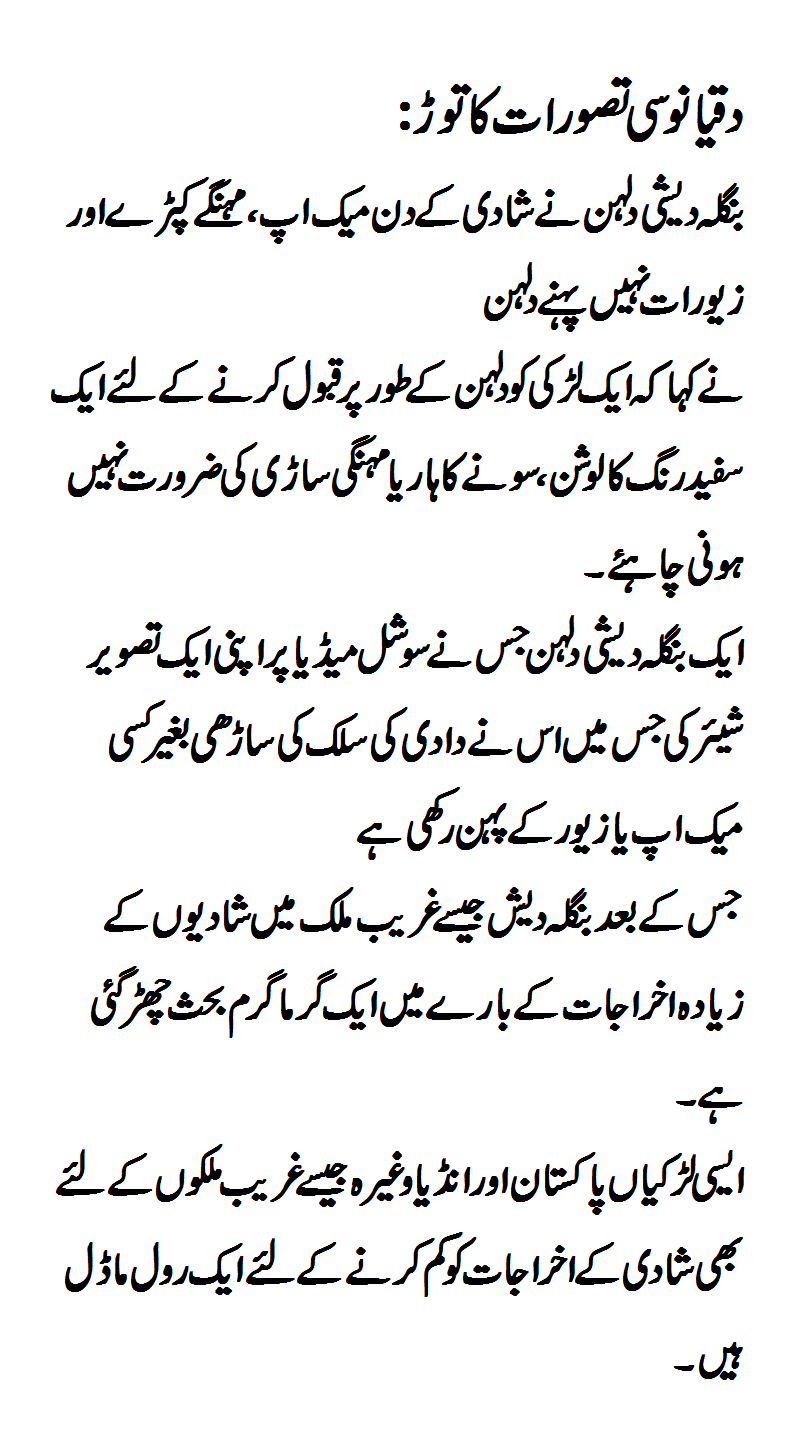Stereotypes about race, gender, sexual orientation, age, and other personal characteristics shape how people perceive, interact with, and make decisions about others. For decades, the way groups of people have been portrayed by the media, popular culture, and public officials has led to biases—often unconscious—that can result in discrimination against women and people of color.
Girls’ self-esteem, ambition and expectations are the first victims of gender stereotypes. Therefore, eradicating clichés and their associated behaviours should be a priority for any society and should begin in schools. Some initiatives advocate introducing female role models into the classroom as a first step.
On 16 June 1963, in the midst of the Cold War struggle between the United States and the Soviet Union to conquer space, Valentina Tereshkova became the first female astronaut. On board the Vostok 6 and at only 26 years old, the Seagull — that was her call sign during the flight — made history and became a symbol of equality between men and women. During the 70 hours and 50 minutes she was away from Earth she circled the planet 48 times. Nothing more and nothing less. Who said impossible?
56 years have passed since the Tereshkova milestone, but even today if someone reads astronaut, architect, engineer or pilot it is more than likely that in their head they see a man. The reaction is somewhat involuntary because that is the image commonly accepted by society. Besides, the statistics support that assumption. In the case of airline pilots, for example, only 3% of the world’s pilots are women. Perhaps we need to look for the reason behind this in order to remedy it.

WHAT IS A GENDER STEREOTYPE AND WHAT CONSEQUENCES DOES IT HAVE
According to the Office of the High Commissioner for Human Rights (OHCHR), a gender stereotype “is a generalised view or preconception about attributes, or characteristics that are or ought to be possessed by women and men or the roles that are or should be performed by men and women”. A gender stereotype is therefore harmful when it limits the capacity of women and men to develop their personal attributes or professional skills and to take decisions about their lives and plans.